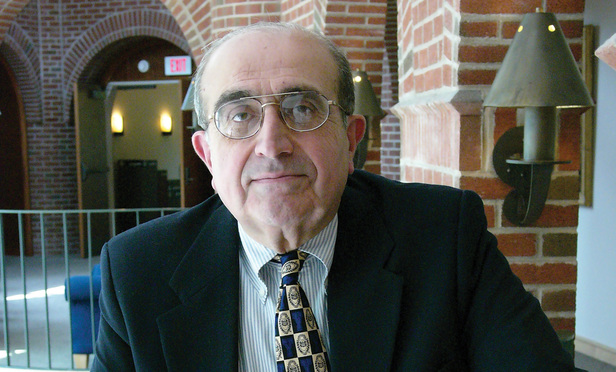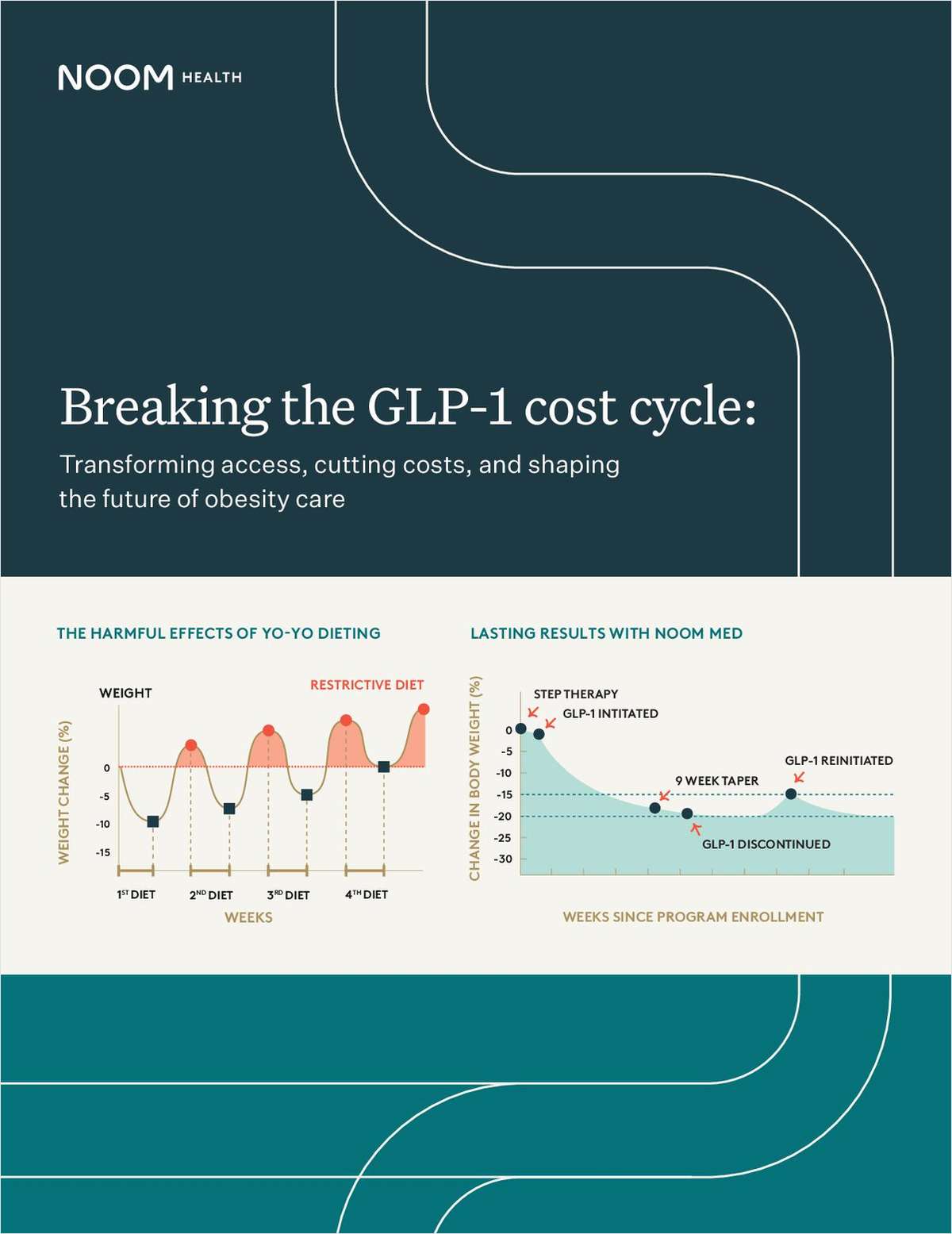How Much Subject Expertise Should An Arbitrator Have?
One of the early issues parties must address when initiating a commercial arbitration or mediation proceeding is the selection of the neutral or panel…
December 06, 2018 at 03:34 PM
5 minute read
 Harry N. Mazadoorian
Harry N. Mazadoorian
One of the early issues parties must address when initiating a commercial arbitration or mediation proceeding is the selection of the neutral or panel of neutrals to hear the case.
How much specific subject matter expertise and experience is needed is a topic which has been hotly debated by commercial ADR practitioners and scholars for many years.
With the growing complexity of the issues involved in many commercial matters, parties often feel that selecting an arbitrator with basic industry subject matter expertise is now a necessity. Construction, healthcare and IP matters are just a few areas where technological and industry changes occur at a rapid pace. Having someone knowledgeable in the area certainly makes the presentation of evidence more streamlined and consequently can produce some significant savings in neutral's compensation since the neutral needs less time to get up to speed. Additionally, a neutral with detailed subject matter expertise might enjoy greater credibility with the parties and thus be able to better control and manage the process.
Highly respected ADR administering organizations such as the American Arbitration Association, as well as industry groups, are increasingly designating specialized panels of neutrals with specific subject-matter expertise. Construction, employment and labor are just three of the AAA primary panels, with specialty panels running the gamut from energy to healthcare to intellectual property.
One area in which I have had experience—institutional health care disputes—serves as a good example of where some core subject matter background would be extremely helpful. For example, in an article in Dispute Resolution Journal a few years ago, Katherine Benesch identifies selection of a neutral not sufficiently familiar with the subject matter of the dispute as a leading cause in rising costs in arbitration. She points out that in a highly regulated industry such as health care, just the alphabet soup of acronyms is astonishing, and having to educate the arbitrator as to the acronyms—and, more importantly, the concepts behind them—will certainly cause substantial delay and cost.
At times, however, parties can go overboard in their search for a neutral with specific and highly detailed experience and expertise in specific industry issues. I have occasionally been consulted on matters where the level of subject matter and prior experience requested by the parties is so detailed and specific, that one would wonder if such an arbitrator even exists.
Some would argue that, as important as subject matter expertise may be, even more important are basic arbitration and mediation process skills required to conduct an alternative dispute resolution proceeding fairly, efficiently and economically.
In an ideal world, the arbitrator who possesses both subject matter and hearing process skills is the person to select. But we don't live in perfect world and the disputants must often decide which of these two skills, subject matter or process should be given higher priority. There is no ready made answer for each case and thus each matter must be decided on the particular circumstances.
One could easily make a sound argument that a smart neutral proficient in the process skills, could rather quickly come up to speed on subject matter issues and perhaps might even be able to cut through the real issues more astutely without being burdened with too much industry knowledge: basically, being able to see the forest without being too focused on the individual trees of industry knowledge.
In an article in The Federal Lawyer, Joan Hogarth argues that too much substantive knowledge could compromise the mediation process as the mediator might convey positions and interests not exactly as developed in caucus but more of a paraphrase of the mediator's independent knowledge. It can even be argued that, especially in arbitration, too much industry knowledge might cause the arbitrator to base his or her award not exclusively on the evidence presented by the parties but rather on the arbitrator's own knowledge and perhaps biases in the industry
Especially when a challenge is being made to an industry protocol or a position which the industry considers sacred or unquestionable, a neutral who does not have the industry position embedded in his or her thinking process might be better able to insure a fairer examination of all of the underlying issues.
Moreover, an over reliance on subject matter expertise may actually cause delay in the time it selects to find the illusory expert and often times cost in a higher rate of compensation demanded.
There can be no doubt that having a basic background in a certain subject is helpful. In all but the most generic commercial disputes, the utilization of a neutral with a good grounding in the subject matter can have enormous benefits and such experts should be sought out.
Still, rather than a knee-jerk reaction of seeking the most knowledgeable subject matter expert neutral available, parties would be well served to give considerable early thought to the issue of neutral subject matter qualification and define the subject matter/process balance which makes the most sense for the case at hand.
Harry N. Mazadoorian is a commercial arbitrator and mediator and a member of the American Arbitration Association's Master Mediator Panel. He is the distinguished senior fellow in the Center for Dispute Resolution at Quinnipiac University School of Law.
This content has been archived. It is available through our partners, LexisNexis® and Bloomberg Law.
To view this content, please continue to their sites.
Not a Lexis Subscriber?
Subscribe Now
Not a Bloomberg Law Subscriber?
Subscribe Now
NOT FOR REPRINT
© 2025 ALM Global, LLC, All Rights Reserved. Request academic re-use from www.copyright.com. All other uses, submit a request to [email protected]. For more information visit Asset & Logo Licensing.
You Might Like
View All
ADVANCE Act Offers Conn. Opportunity to Enhance Carbon-Free Energy and Improve Reliability With Advanced Nuclear Technologies

Trending Stories
Who Got The Work
J. Brugh Lower of Gibbons has entered an appearance for industrial equipment supplier Devco Corporation in a pending trademark infringement lawsuit. The suit, accusing the defendant of selling knock-off Graco products, was filed Dec. 18 in New Jersey District Court by Rivkin Radler on behalf of Graco Inc. and Graco Minnesota. The case, assigned to U.S. District Judge Zahid N. Quraishi, is 3:24-cv-11294, Graco Inc. et al v. Devco Corporation.
Who Got The Work
Rebecca Maller-Stein and Kent A. Yalowitz of Arnold & Porter Kaye Scholer have entered their appearances for Hanaco Venture Capital and its executives, Lior Prosor and David Frankel, in a pending securities lawsuit. The action, filed on Dec. 24 in New York Southern District Court by Zell, Aron & Co. on behalf of Goldeneye Advisors, accuses the defendants of negligently and fraudulently managing the plaintiff's $1 million investment. The case, assigned to U.S. District Judge Vernon S. Broderick, is 1:24-cv-09918, Goldeneye Advisors, LLC v. Hanaco Venture Capital, Ltd. et al.
Who Got The Work
Attorneys from A&O Shearman has stepped in as defense counsel for Toronto-Dominion Bank and other defendants in a pending securities class action. The suit, filed Dec. 11 in New York Southern District Court by Bleichmar Fonti & Auld, accuses the defendants of concealing the bank's 'pervasive' deficiencies in regards to its compliance with the Bank Secrecy Act and the quality of its anti-money laundering controls. The case, assigned to U.S. District Judge Arun Subramanian, is 1:24-cv-09445, Gonzalez v. The Toronto-Dominion Bank et al.
Who Got The Work
Crown Castle International, a Pennsylvania company providing shared communications infrastructure, has turned to Luke D. Wolf of Gordon Rees Scully Mansukhani to fend off a pending breach-of-contract lawsuit. The court action, filed Nov. 25 in Michigan Eastern District Court by Hooper Hathaway PC on behalf of The Town Residences LLC, accuses Crown Castle of failing to transfer approximately $30,000 in utility payments from T-Mobile in breach of a roof-top lease and assignment agreement. The case, assigned to U.S. District Judge Susan K. Declercq, is 2:24-cv-13131, The Town Residences LLC v. T-Mobile US, Inc. et al.
Who Got The Work
Wilfred P. Coronato and Daniel M. Schwartz of McCarter & English have stepped in as defense counsel to Electrolux Home Products Inc. in a pending product liability lawsuit. The court action, filed Nov. 26 in New York Eastern District Court by Poulos Lopiccolo PC and Nagel Rice LLP on behalf of David Stern, alleges that the defendant's refrigerators’ drawers and shelving repeatedly break and fall apart within months after purchase. The case, assigned to U.S. District Judge Joan M. Azrack, is 2:24-cv-08204, Stern v. Electrolux Home Products, Inc.
Featured Firms
Law Offices of Gary Martin Hays & Associates, P.C.
(470) 294-1674
Law Offices of Mark E. Salomone
(857) 444-6468
Smith & Hassler
(713) 739-1250












